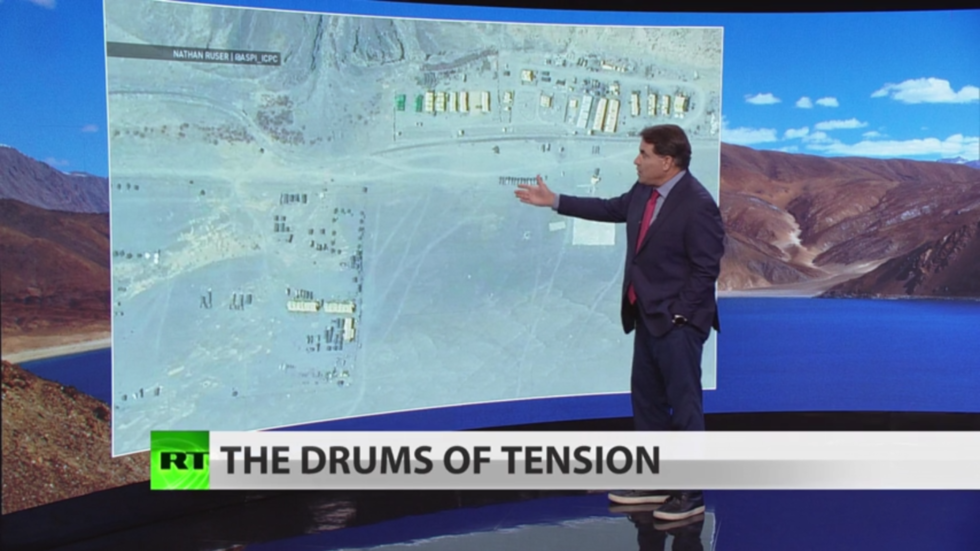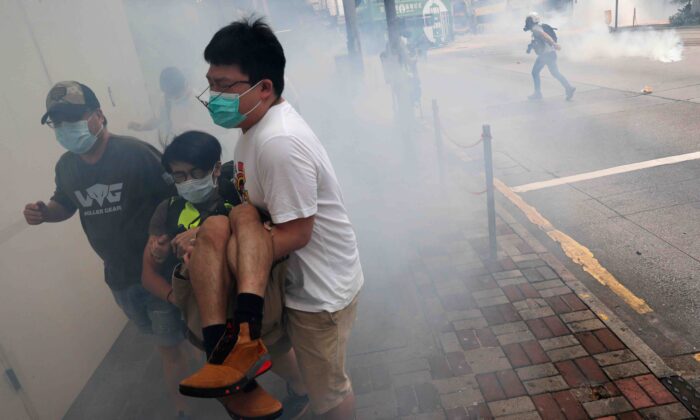the other mike
Diamond Member
Trouble brewing in Hong Kong, Taiwan and with other SE Asian neighbors, and now China
has sent troops into India.

 thewire.in
thewire.in

 www.rt.com
www.rt.com

has sent troops into India.

China Increases Troops in Ladakh, India to Maintain 'Aggressive Patrolling'
China has erected around 100 tents in Galwan Valley in the last two weeks and brought in heavy equipment for construction of bunkers.

Conflicts w/ India, US, Hong Kong: Is China on the brink?
Hundreds of Chinese soldiers have crossed the China-India border in a significant escalation in tensions in the disputed region of Ladakh
Hong Kong braces for turmoil over new China law as stocks slide on risk of 'strong' Trump reaction
China is poised to pass a security law for Hong Kong that could plunge the semi-autonomous city into turmoil and inflame tense U.S.-China relations.
www.usatoday.com
Last edited:

